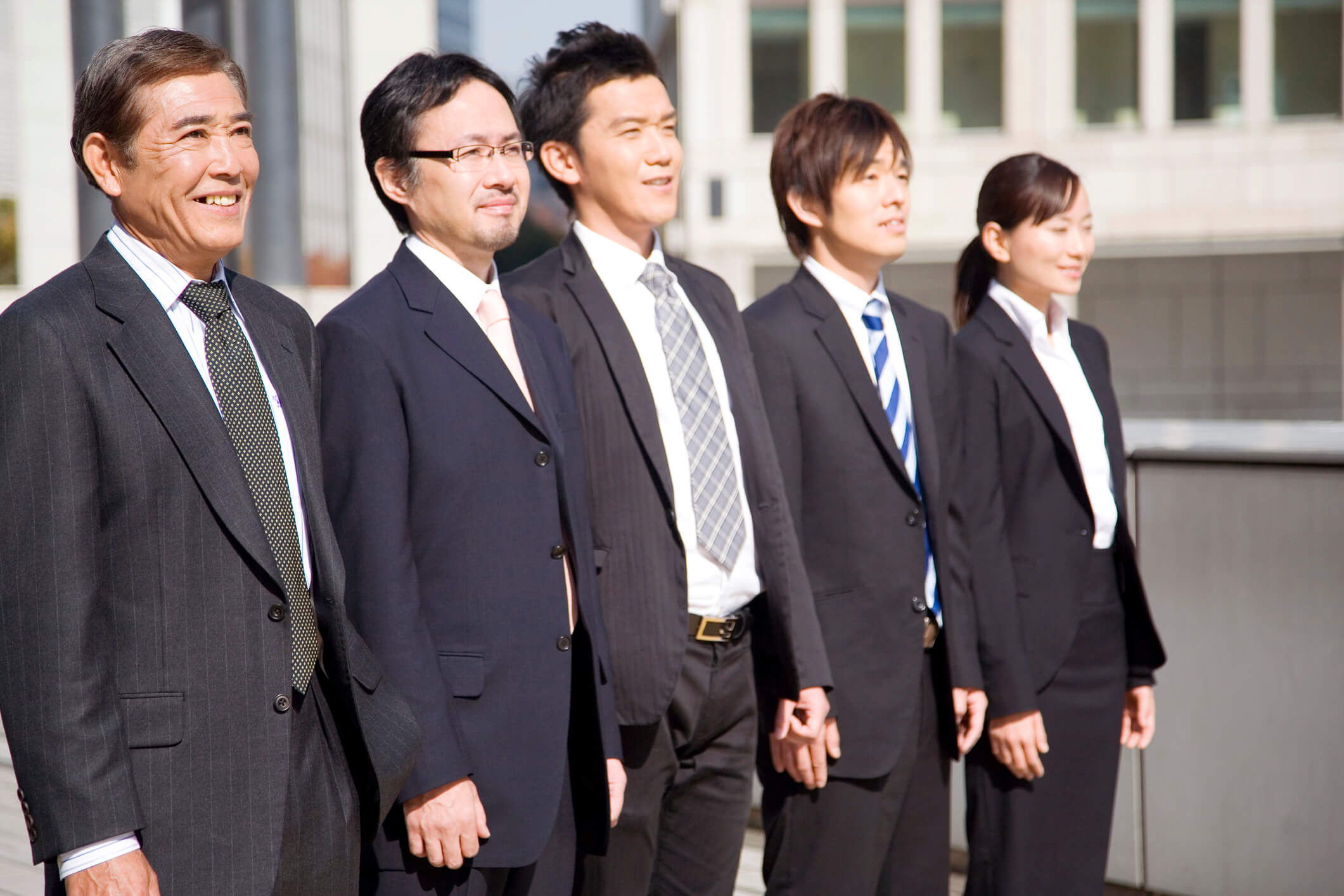
One aspect of Japanese corporate culture that often is difficult for non-Japanese to understand is the importance of hierarchy. The status relationships among various different members of the organization is a key determining factor in how they interact with each other, and how they expect others to interact with them.
Perhaps the best analogy to understand the impact of hierarchy on interactions in Japan is to draw an analogy with the way that students in fraternities and sororities in U.S. universities or cadets at the military academies (e.g. West Point, Air Force Academy etc.) interact. In these situations, student interactions are based on what year they are in school. Freshmen are expected to show respect to upperclassmen. A similar atmosphere pervades all Japanese organizations, not only business but also clubs, sports teams, and social groups. For example, one Japanese friend recounts her experience on her high school judo team, where as a freshman she was expected to run errands and do laundry for upperclassmen. Similarly, an American who is studying aikido (a Japanese martial art) describes how the attention to hierarchy pervades every aspect of life in the dojo (practice room). Every student is expected to know where they stand in the skill ranking relative to every other student. At the beginning of each class, everyone lines up in their rank order, so if you don’t know your position in the hierarchy, you literally don’t know where to go.
How can you use knowledge of this aspect of Japanese culture to improve your working relationships with Japanese? First of all, be sure to accurately determine the status relationships of the Japanese you are working with. This may require asking a Japanese person from that organization to help you decipher the meaning of the titles in their company. But if you don’t have someone to explain, you are not necessarily lost. Although merit based promotion is recently gaining adherents in Japan, seniority-based promotion remains common, and thus age can often be used as a proxy for guessing someone’s place in the hierarchy.
Once you understand the hierarchy, be sure to show due deference to high status individuals. Japanese who have risen to high positions in their companies are accustomed to being treated with a great deal of ceremony and deference — in other words, as VIPs. The more you can follow this approach, the better. Make sure that senior people are given the red carpet treatment. For example, if a high-ranking person is visiting your company, be sure that they are greeted with appropriate fanfare. Also, be sure to show appropriate deference to high status individuals in business discussions, for example by avoiding disagreeing with them directly and causing them to lose face.
Also, be sure to pay attention to the hierarchical composition of the project team on the Japanese side, and match it as closely as possible on your side. For example, if the Japanese side team contains a senior manager, a middle level manager, and a junior level staff, make sure your team has a similar composition.
Finally, try to bond with individuals on the Japanese side who are at a similar level in the hierarchy to you, and/or are a similar age. Japanese are often more comfortable bonding with people at their same level, and these relationships can be strong ones that continue as you both move up in your respective companies.
Related articles
Culture beats policies for sexual harassment prevention
I have noticed a significant increase in the numbers of Japanese companies asking me for support in
Which comes first, communication or values?
Several years ago, I developed a simple model to show how Japanese companies could built trust in th
Extremely inappropriate!
I thoroughly recommend Extremely Inappropriate! (不適切にもほどがある! Futekisetsu ni mo Hodo ga Aru!) a Tokyo




